The loser queue exists...
On August 12, 2025, in a courtroom of the People’s Court of Nanshan District in Shenzhen, one of the most surprising trials in the history of Chinese video games took place. Sun Qianhe, a lawyer from Qingdao and an avid Honor of Kings player, stood up against Tencent, the gaming industry giant that wholly owns Riot Games (League of Legends, VALORANT), seeking to compel the company to disclose the inner workings of the matchmaking system behind the massively popular mobile MOBA. HoK, developed by Tencent’s TiMi Studios, is wholly owned and published by Tencent, and remains one of the highest-grossing games in the world.
Player for nearly eight years, Sun Qianhe says she has played more than 5,500 matches on her current account and reached some of the game’s highest competitive ranks. Yet over the seasons, a persistent frustration began to grow. After several consecutive wins, her teammates would suddenly appear far less skilled, leading to a sharp drop in performance. Conversely, after a losing streak, her team composition seemed to strengthen inexplicably. This recurring pattern, which she described as “forced victories” or “forced defeats”, convinced her it was no mere coincidence. She suspects the existence of a dynamic balancing algorithm deliberately keeping players’ win rates close to 50%, regardless of actual skill level.
"Trade secrets are not a shield"
On June 18, 2024, she filed a lawsuit against Tencent and several of its subsidiaries, demanding that the studio publicly release the full list of factors influencing matchmaking and explain in detail how players are assigned to competitive games.
According to Chinese media reports, Tencent claims such transparency is impossible. The tech giant argues that the matchmaking system is a trade secret, and that full disclosure would encourage cheating and harm the experience for the player base as a whole. Company representatives pointed out that some information has already been shared in patch notes and developer statements. Sun, however, disputes both the extent and the necessity of withholding certain elements, arguing that “trade secret” status should not be used as an excuse to deny consumers their right to know how the system works.
The August 12 hearing reportedly lasted nearly five hours. Sun Qianhe represented herself, directly facing Tencent’s legal team. The central debate revolved around a single question: should the matchmaking algorithm be protected entirely as a trade secret, or do players have the right to know how it functions?
The court did not issue an immediate ruling. A decision is expected in the coming weeks, and its impact could be far-reaching. A judgment in Sun Qianhe ’s favor could set a legal precedent for the gaming industry, paving the way for similar lawsuits, encouraging stricter regulation of algorithmic transparency, and potentially influencing international standards in competitive gaming.
Header Photo Credit: Honor of Kings

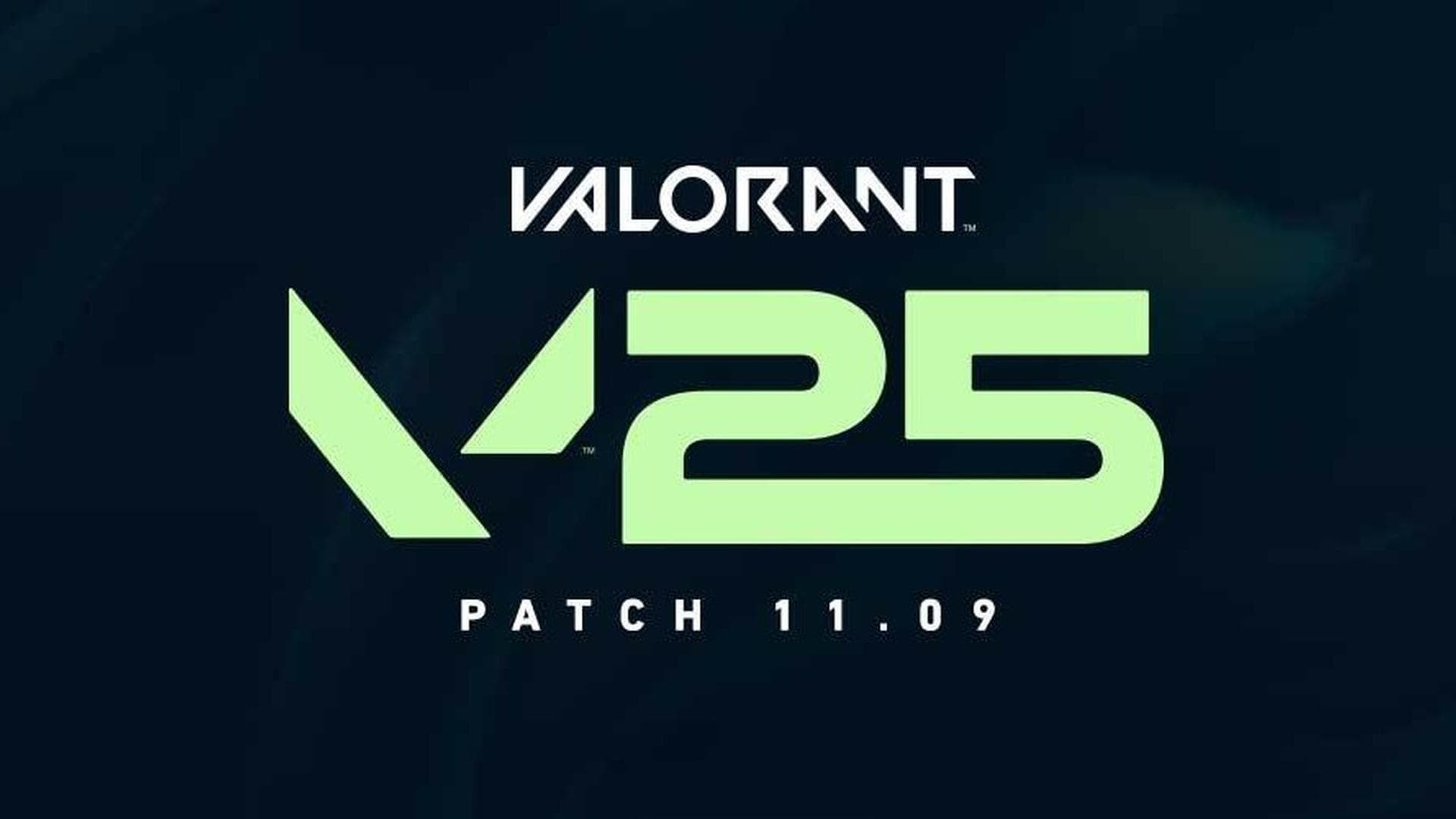

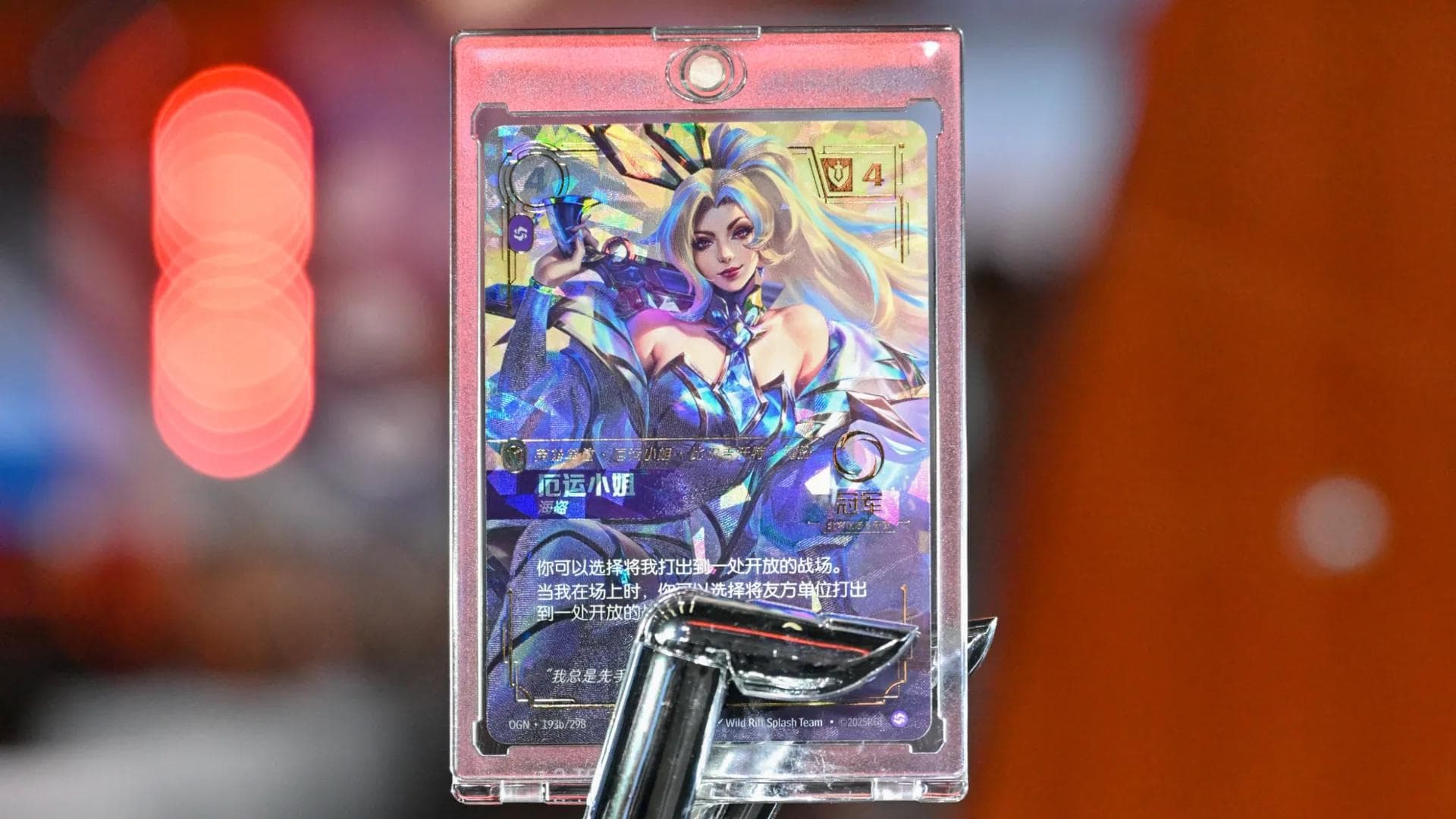
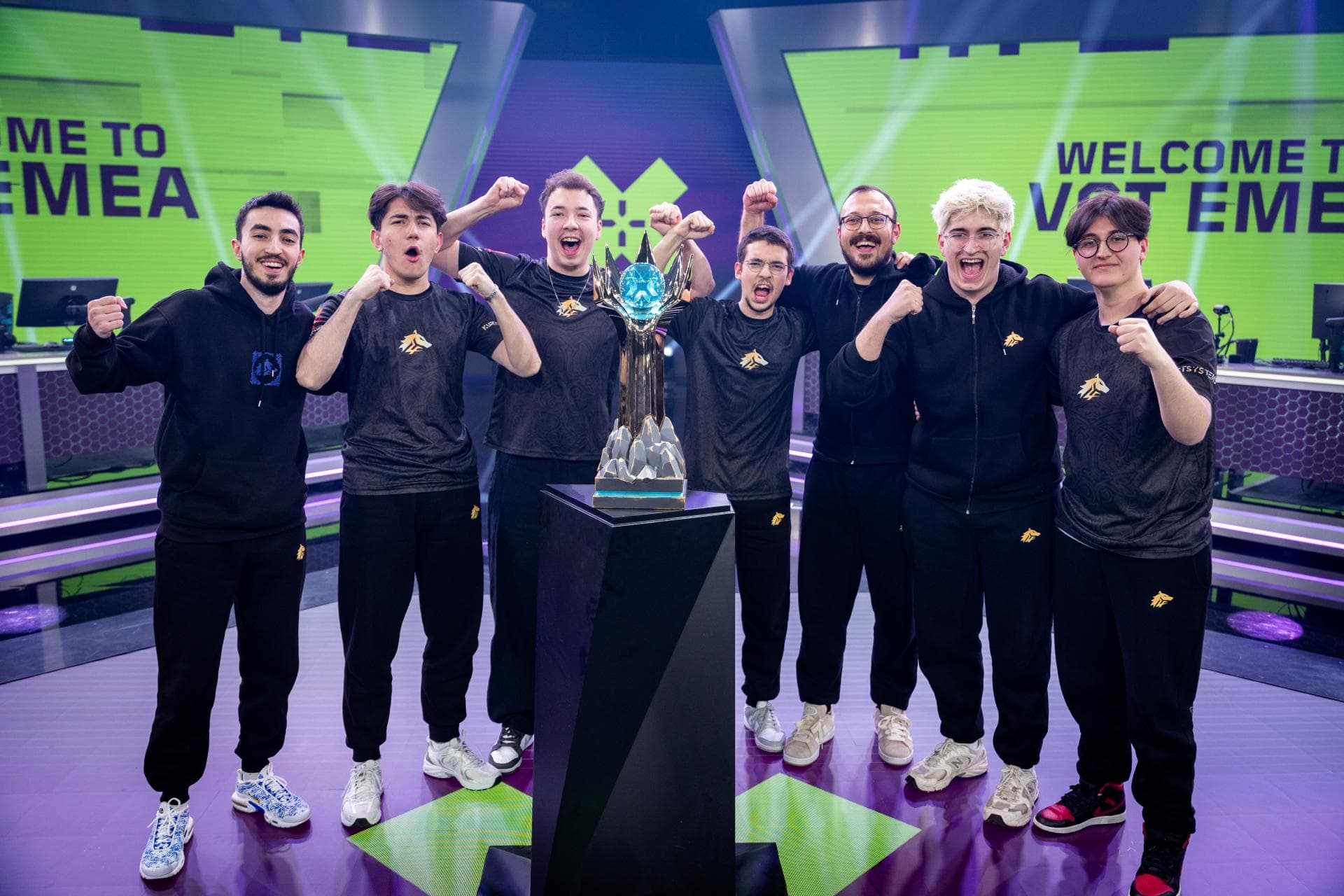
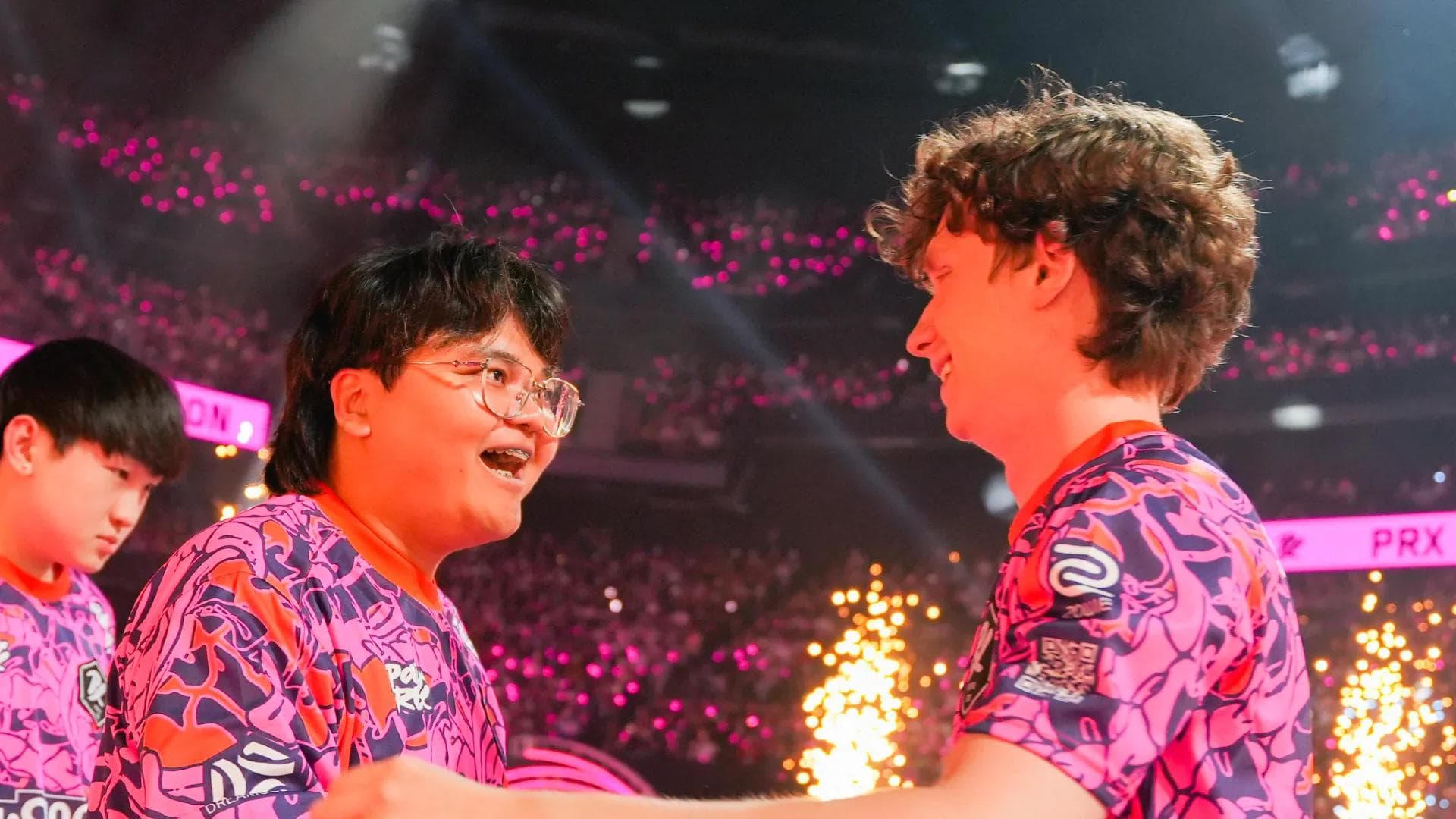
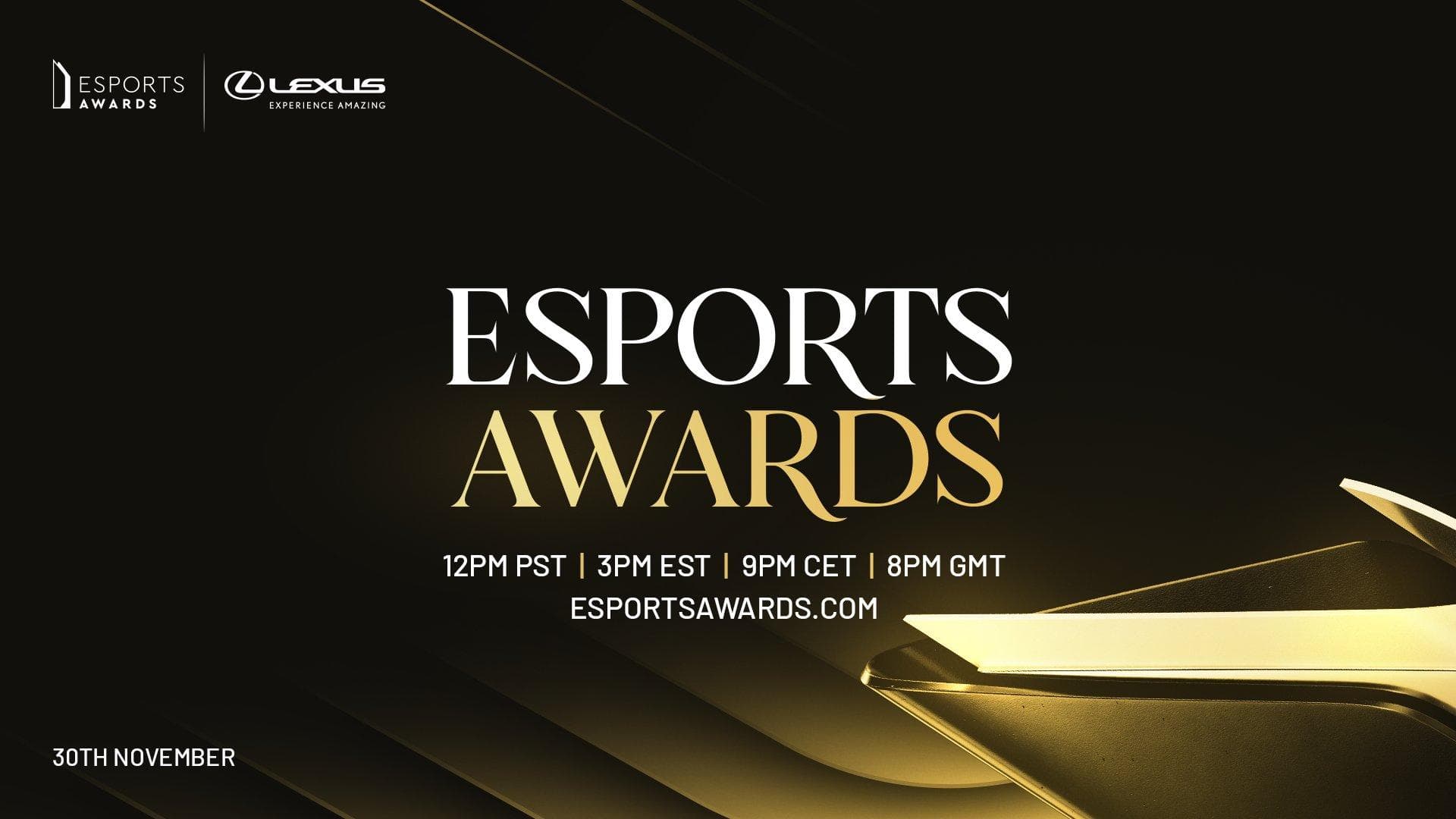
/Comments
Write a comment